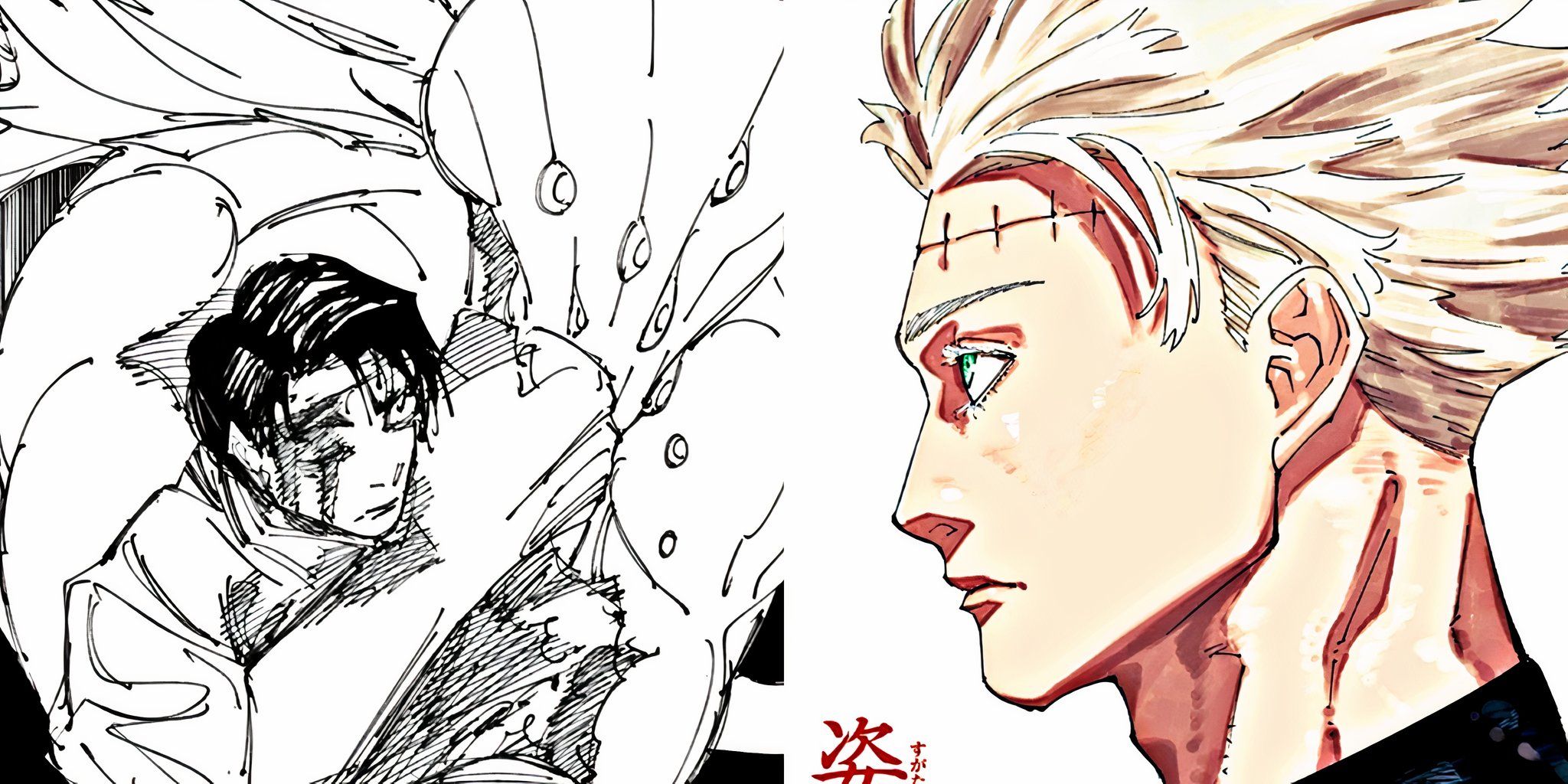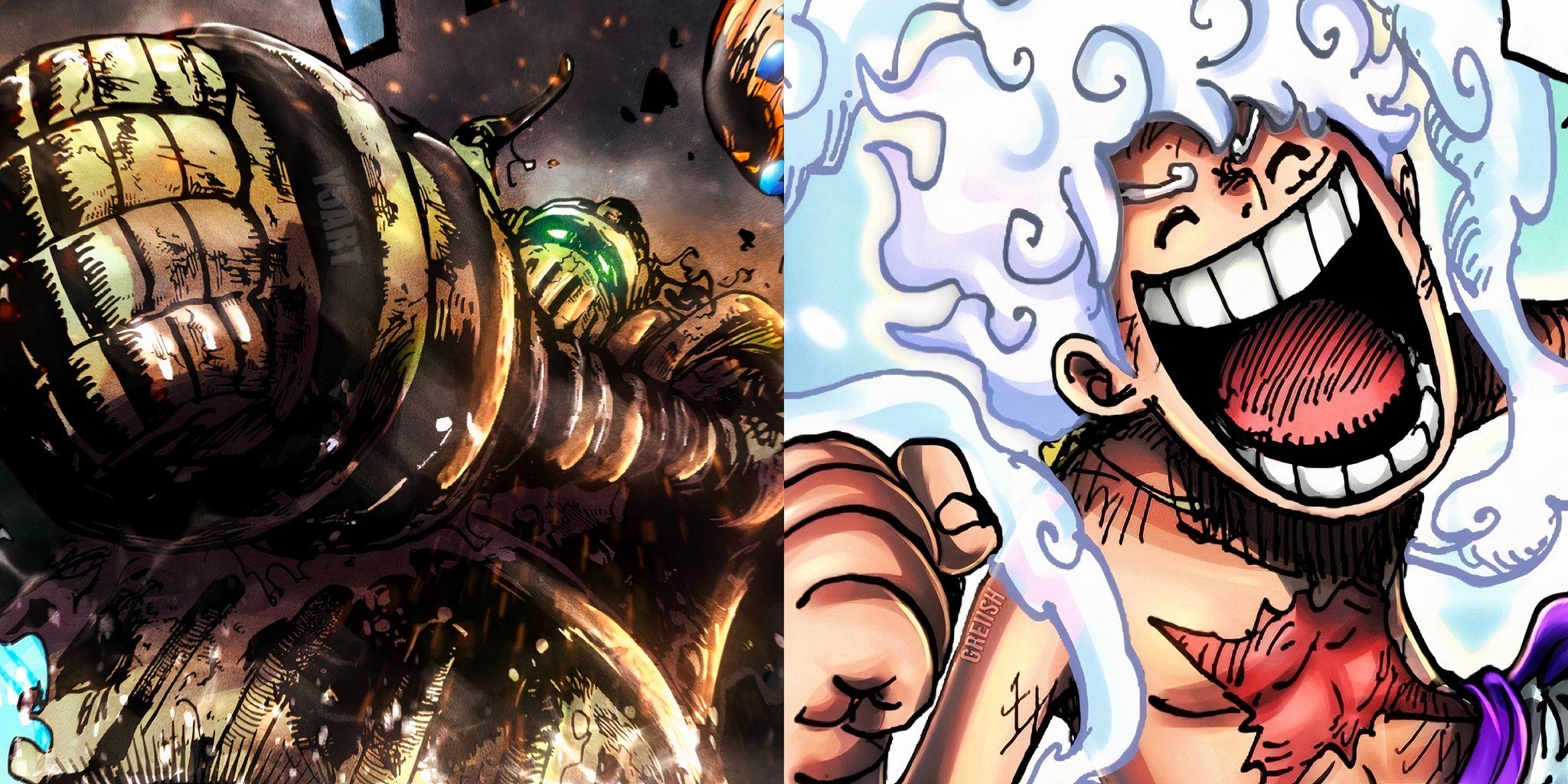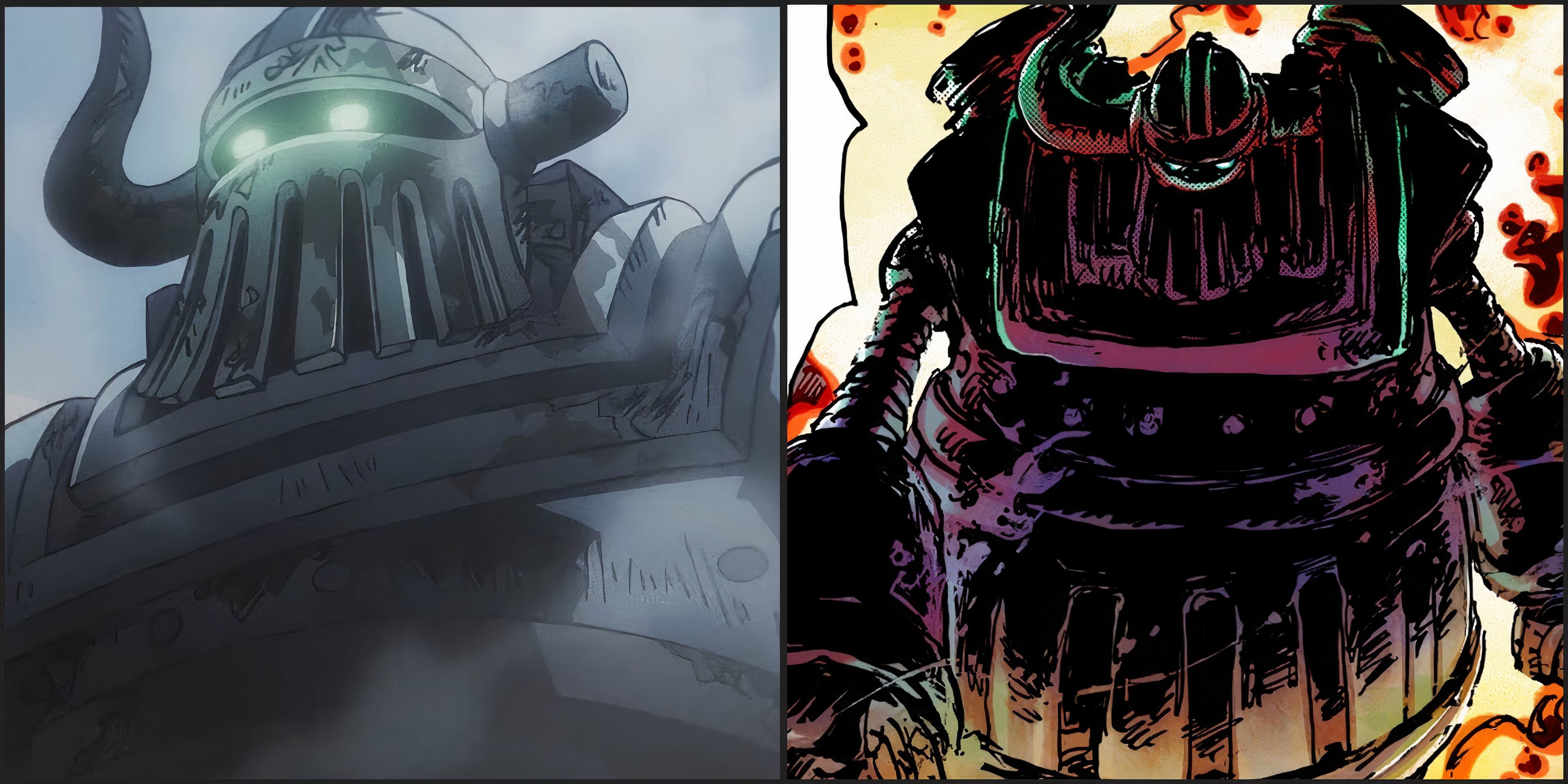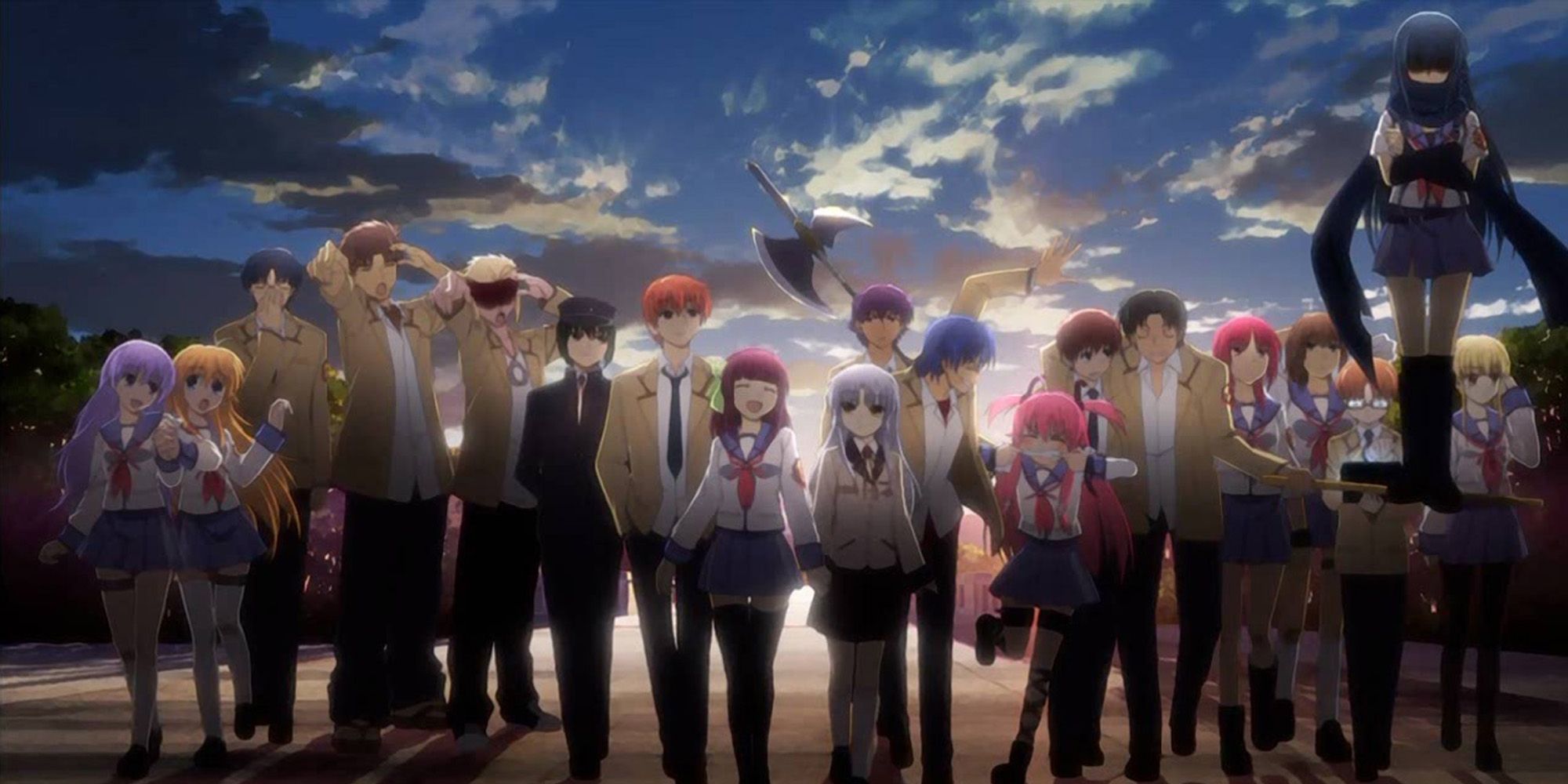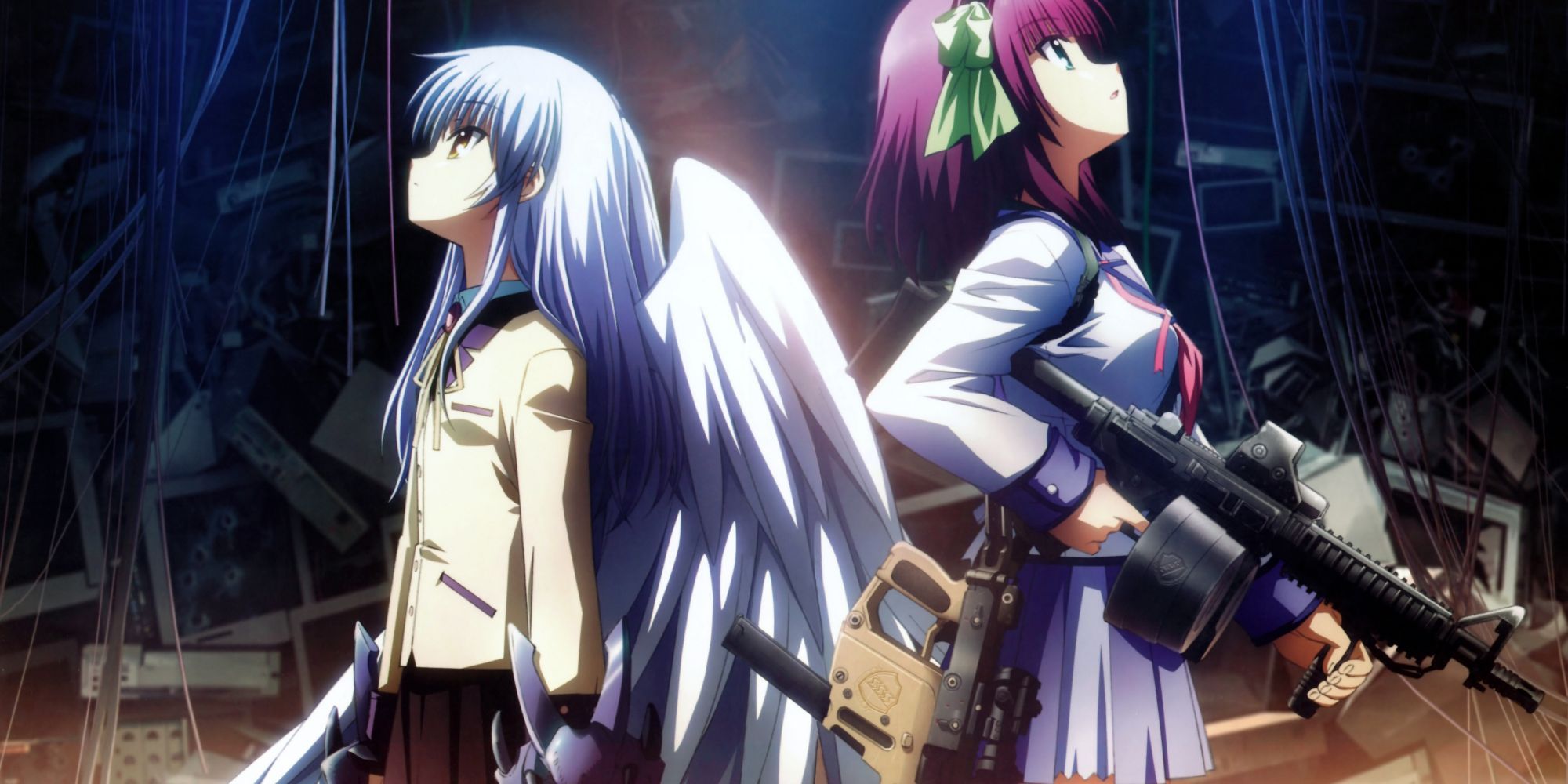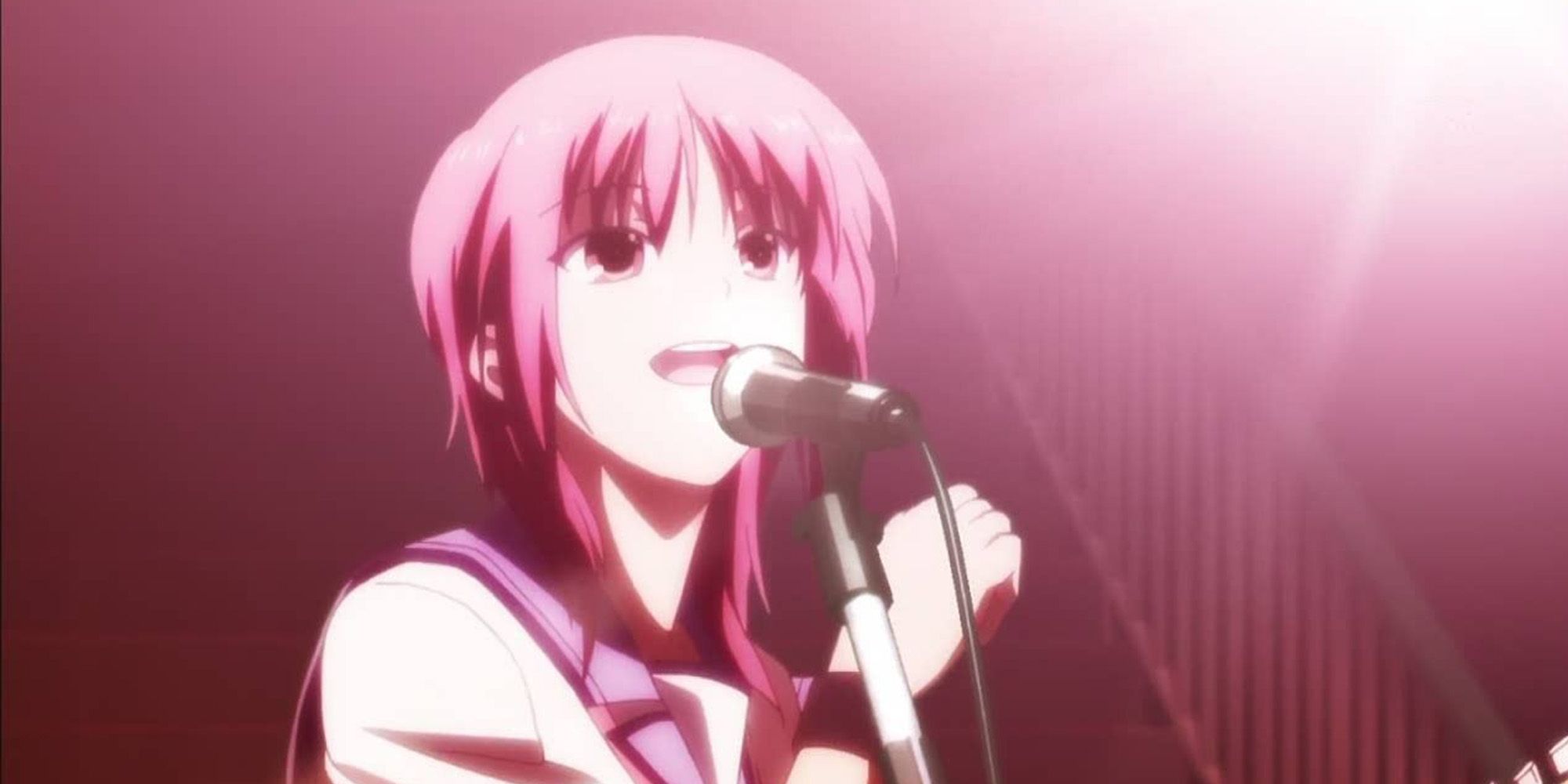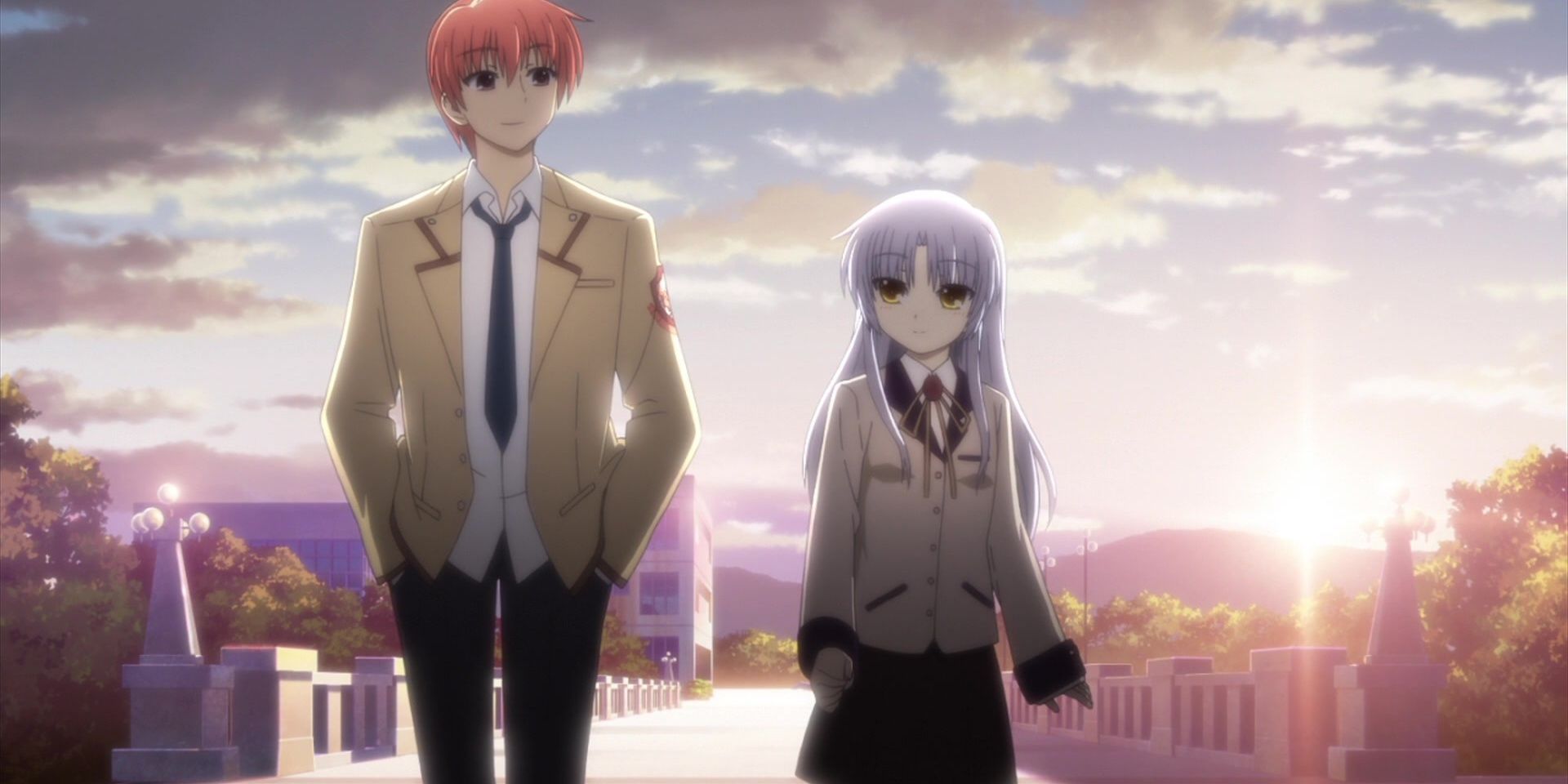Around the late 2000s and early 2010s, anime was obsessed with high-school melodrama that liked to carry a heavy balance of humor and heartbreak. Shows like Clannad were hilarious but are primarily remembered for how depressing they could get, and in 2010, P.A. Works carried on the tradition with an original work called Angel Beats.
When Yuzuru Otonashi wakes up stuck in a strange high school with no memory of how he got there or his past life, he finds himself surrounded by a student body that is similarly stuck. A group called the Afterlife Battlefront attempts to fight against the overpowered student council president keeping them there, "Angel," all while Otonashi tries to figure out the true nature of their being there. The school the characters find themselves in is Purgatory and all the principal characters are kids who have succumbed to unfortunate deaths. While Otonashi collaborates with students like Yurippe and Hinata to find a way out of purgatory, it becomes increasingly clear that the way to get out lies in sorting out unresolved problems from when they were alive.
An Uproarious Start
Anyone going into Angel Beats based on its reputation as one of those "sad teen death shows" might experience whiplash during the first episode when it's revealed to be far more explosive. In fact, the first joke of the series is how quickly and unceremoniously things go off the rails.
Within just five minutes, it's made clear that everyone is dead, there's a division between the supposed "warden" and a resistance group, and those that arrive don't have memories from their past life. It all moves along incredibly fast and rarely gives room to breathe, which is part of its unhinged charm. Angel Beats is the sort of comedy that will commit to entire episode-long jokes just for a punchline riffing on more serious storytelling conventions or seemingly invalidate its own attempts at drama. This is without compromising on its actual dramatic moments, which are a topic of their own, but the first episode nonetheless establishes the stakes and the lack-there-of.
Otonashi meets a group full of colorful weirdos all rebelling against the purgatory they're trapped in, and it all looks like it's going to be a serious battle. By the end of the episode, all the gunfire and violence amounts to a rock concert that's just a scheme to steal meal tickets from the students to have some noodles for dinner, and it's amazing. The story is mostly about characters going on these absurd adventures and getting into surprisingly well-animated action scenes all in the name of rebelling against death. The Afterlife Battlefront doesn't want to accept death because they don't want to give up on the closest thing they have to living. Unfortunately, this means that they're running from closure.
Slowly, each of the characters confronts the ways they died and performs some feat or completes some journey that gives them the solace to be content with how they lived and move on to the other side. Every character's closure is different and while some can be a balance of hilarious and heartfelt, others go a step further, at least one of which has been immortalized as one of the best musical moments in anime.
Heavenly Beats
There are visual and audio gags that occur so suddenly and with such impeccably frantic animation that they become some of the funniest jokes you'll see in an anime for ages. A large part of this randomness comes from Director Seiji Kishi who also directed Carnival Phantasm and Fate/Grand Carnival, the most chaotic entries in Fate-adjacent media ever.
As a director, Kishi excels in the expediency of comedies such as these. Still, the fast pacing never compromises the quality of animation when a musical scene or a fight scene takes place. And unless the scene is explicit in its seriousness, this variable approach rarely compromises the comedy either. He isn't just a comedy director, having worked on such programs as this summer's 2nd season of Classroom of the Elite.
Having heard the music, it seemed natural to look up the composer, and surprisingly, the composer was also the scriptwriter and original creator of the series, Jun Maeda. Creators like Shinichiro Watanabe are often known for their choice of music within their series, but it's rare to find a screenwriter so tied to the music department.
In retrospect, it makes complete sense, given the title and how the musical numbers are by far the highest-quality production aspect of the show. The musical performances in this series are where the whole show seems to just click, and the themes of rebelling and reconciliation are pronounced most eloquently.
Time To Move On
Angel Beats is often funny, because, the conflicts aren't real, and the characters' inability to truly die solidifies this. Even so, it contributes to this very tangible sense of unconstrained youthful exuberance that the characters exhibit in this veritable playground called purgatory. It's fun to watch all the characters go about their time in this "high school" and sad when it's time for them to leave.
The choice to set everything in school is for more than high school being marketable, but rather because in Japanese society, school is often where youth's lives are most structured and social. It's not merely marketing that explains the obsession with school settings, but instead, necessity. It's also nostalgic, looking back. The show's English dub has the same charm as Clannad's dub for those that enjoyed it, which isn't surprising since it shares the same ADR director, Steven Foster. The serious moments can suffer from a lack of commitment from the actors, but in moments of levity, it can feel like some of the best dubbing out there.
The problem comes from the script-writing, and not being able to make the dialog sound natural when things get serious, which can hurt a lot of dubs. However, given that half of the heart of this series is the comedy, it does its job well enough that the English version is almost funnier. Those that enjoyed the Clannad dub should definitely give Angel Beats' dub a shot as well. Angel Beats is chaotic and occasionally hilarious for that same reason. Simultaneously, it deals with some heavy themes, and perhaps because the show can be so light-hearted, it feels all the more like the characters are avoiding the elephant in the room. In a way, that makes the moments when death takes center stage hit that much harder.
This show has remained as memorable for years and will probably bring back fond memories for lots of people, but the reasons don't have to be super deep. It's not necessarily a masterpiece even considering the emotional moments, but it is fun, consistently. More importantly, it's a distraction, not in the cynical sense that it's mindless, but that just as the characters are enjoying the time they have, knowing that it will come to an end. It's likely that a lot of the people who became enamored with Angel Beats did so when they were young, and shows that attack that creeping fear of things ending will always make the fun that was had along the way hit just a little harder.
